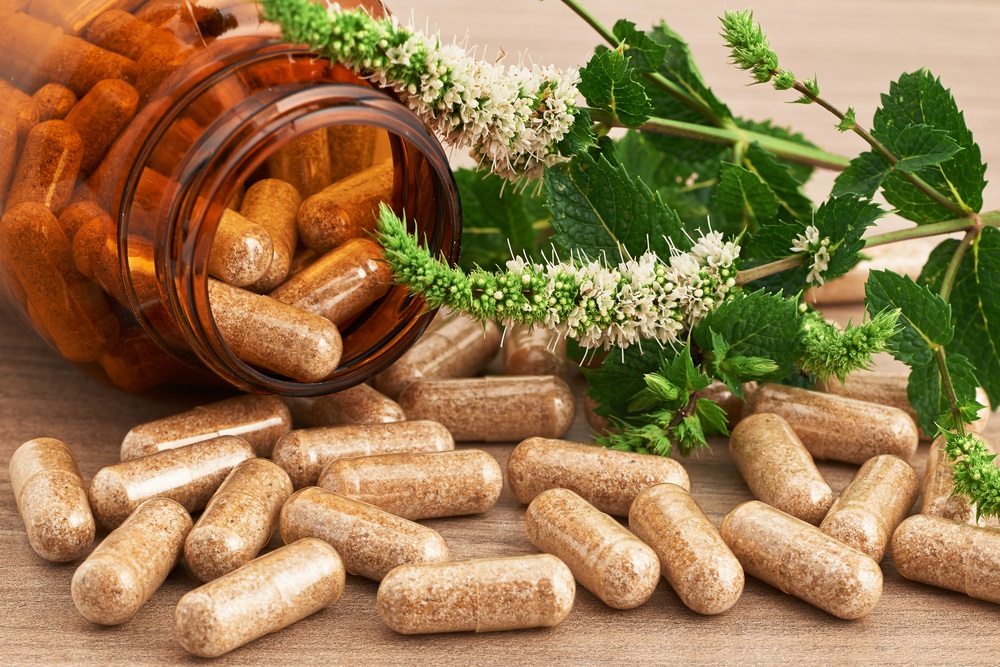Weightloss detectives: Power up your Genes for Greater Success
June 6, 2017Inflammation, Genes and Gut Flora: The Link You Need To Know

Inflammation is a buzzword in the wellness world today. After all, it’s a primary response that the body will have towards many things. Stress, injury, infection and exercise can all increase inflammation levels within the body. The aging process also tends to increase systemic inflammation.
People’s inflammatory responses are also affected by specific genes and their variants. If you have a genetic predisposition to inflammation, there are warning signs to watch for. You may experience symptoms such as:
- Irritable Bowel Syndrome and other digestive issues
- Arthritis and unexplained joint pain
- Depression and other mental health issues
- Slow recovery post exercise
- Chronic pain – local or general
Unfortunately, chronic inflammation can take you down the dangerous path of disease. Chronic inflammation has been linked to many conditions, including obesity, type 2 diabetes, heart disease, autoimmune disease and cancer.
But if you do have a genetic predisposition to inflammation, there’s no reason to panic. Implementing simple strategies can have reduce your chance of chronic inflammation and resulting disease.
One of my favourite ways to reduce inflammation is to take a probiotic each evening. Probiotics help to create a healthy gut flora which affects not only digestion and nutrient absorption but up-regulates our inflammation genes. The power of the relationship between the gut and the genes is undeniable.
But how do you know what probiotic to take for inflammation? A good probiotic will have 8+ strains. This gives your gut flora the diversity it needs. Like a garden, you want more than just one type growing. For best results, look for a probiotic that contains Lactobacillus rhamnosus and Lactobacullus plantarum.
Why these two?
Both L. rhamonus and L. plantarium have been shown to have significant impacts on the body. They can influence gut immunity, stimulate the immune system, and trigger anti-inflammatory protein production.
Interleukin-10, or IL-10, is a key gene involved in making anti-inflammatory proteins. If you have certain copies of this gene (red or orange on your genetic report), the gene works slower. That means that your body makes less anti-inflammatory proteins.
But the gut flora can influence the genes to address this imbalance. A recent study found that L. rhamonosus, and to a lesser extent L. plantarum, both upregulate IL-10. This means that they help to increase production of these important proteins which then help to protect your body from inflammation.
The take home message is that a daily dose of comprehensive probiotics can counteract inflammation in a natural way. That sounds much more appealing than a dose of anti-inflammatories!
Want to know if you have a slow IL-10 gene? Click here
